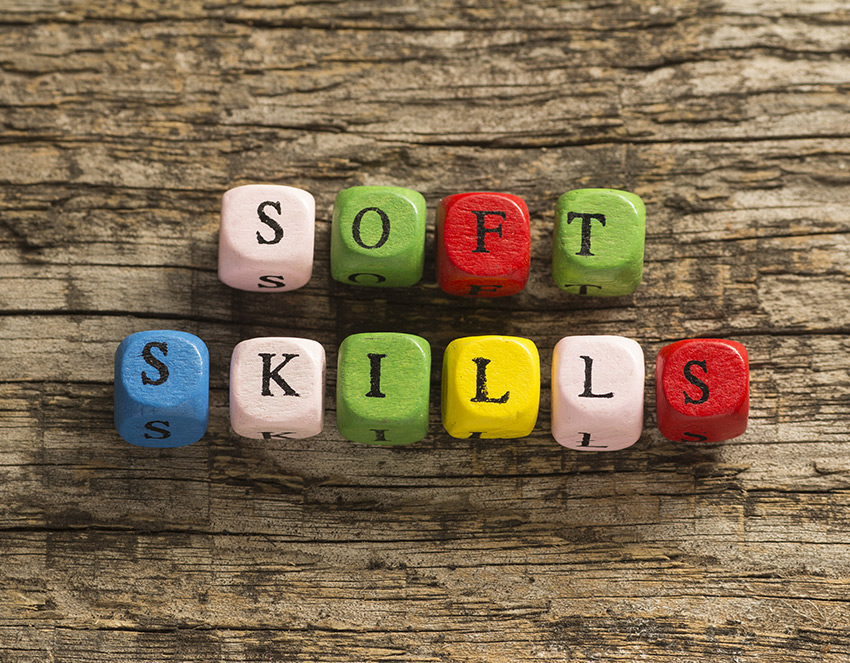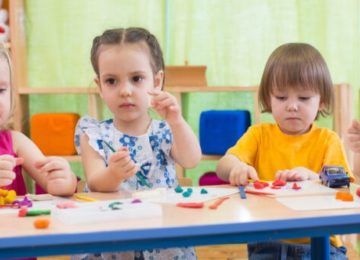In the ever-evolving landscape of education, the integration of soft skills development into academic curricula emerges as a pivotal strategy to address a multitude of challenges faced by educators and administrators. This approach not only promises to equitably scale student achievement but also plays a crucial role in teacher development and retention, thereby fostering an environment conducive to consistent improvement and high outcomes. As educational institutions navigate through the complexities of ever-changing initiatives, directives, and politics, the emphasis on soft skills within the academic framework offers a beacon of hope for elevating morale, combating teacher burnout, and initiative fatigue, while simultaneously developing a tech- and data-friendly culture.
The Imperative for Soft Skills in Academic Curricula
Soft skills, encompassing communication, teamwork, problem-solving, critical thinking, and emotional intelligence, are increasingly recognized as essential for success in the 21st-century workforce. However, the traditional focus on hard skills within academic curricula often leaves a gap in students’ preparedness for the real world. By integrating soft skills development into the educational process, institutions can provide students with a holistic education that prepares them for both professional and personal success.
Equitably Scaling Student Achievement
One of the primary pain points in education is the challenge of equitably scaling student achievement. Integrating soft skills into the curriculum addresses this by providing all students, regardless of their background or learning style, with the tools necessary for success beyond the classroom. This approach ensures that every student has the opportunity to develop critical life skills that are universally applicable and highly valued in the workforce.
Supporting Teacher Development and Retention
Teacher development and retention are critical to the success of any educational institution. By incorporating soft skills into the curriculum, teachers are not only equipped with additional tools to enhance their teaching strategies but also benefit from personal development. This dual impact can lead to increased job satisfaction, higher morale, and ultimately, better retention rates. Moreover, a focus on soft skills encourages a more collaborative and supportive teaching environment, further contributing to teacher well-being.
Navigating Change with Agility
The educational landscape is subject to constant change, influenced by new initiatives, directives, and political shifts. Integrating soft skills into academic curricula empowers educators and students alike to adapt more effectively to these changes. Skills such as adaptability, resilience, and critical thinking enable individuals to navigate the complexities of the educational environment with greater ease, ensuring that institutions can consistently achieve high outcomes despite external pressures.
Combating Teacher Burnout and Initiative Fatigue
Teacher burnout and initiative fatigue pose significant challenges to maintaining high morale within educational institutions. The integration of soft skills development offers a solution by promoting a more engaging and varied teaching and learning experience. This not only helps to keep teachers motivated and invested in their work but also fosters a more positive and resilient school culture that can withstand the pressures of burnout and fatigue.
Fostering a Tech- and Data-Friendly Culture
In today’s digital age, developing a tech- and data-friendly culture is essential for educational institutions. The integration of soft skills into the curriculum can be facilitated through the use of innovative eLearning LMS platforms, which provide dynamic and interactive learning experiences. These platforms enable the seamless incorporation of soft skills training into existing academic programs, allowing for the collection and analysis of data to further enhance teaching and learning outcomes.
Ensuring Equitable Access to Remote Learning Environments
The global shift towards remote learning has highlighted the importance of ensuring equitable access to educational resources for all stakeholders, including administrators, teachers, students, and families. By leveraging technology to integrate soft skills development into the curriculum, institutions can provide flexible and inclusive learning opportunities that are accessible to everyone, regardless of their physical location or circumstances.
Bridging the Gap Between Theory and Practice
The integration of soft skills into academic curricula bridges the often-cited gap between theoretical knowledge and practical application. This educational strategy ensures that students are not just passive recipients of information but active participants in their learning journey. Through project-based learning, group discussions, and real-world problem-solving activities, students apply theoretical concepts to practical situations, thereby enhancing their understanding and retention of both hard and soft skills. This hands-on approach not only enriches the educational experience but also prepares students for the complexities and dynamics of the workplace, where theoretical knowledge must be applied effectively to solve real-world challenges.
Enhancing Student Engagement and Motivation
The traditional lecture-based model of education has been criticized for its limited ability to engage students fully. By incorporating soft skills development into the curriculum, educators can adopt more interactive and student-centered teaching methods that foster greater engagement and motivation. Techniques such as collaborative projects, peer-to-peer teaching, and experiential learning activities encourage active participation and investment in the learning process. This shift not only makes learning more enjoyable and relevant for students but also promotes a deeper understanding of the material, as students are more likely to engage with and remember content that they find meaningful and applicable to their lives.
Preparing Students for a Globalized World
In an increasingly globalized world, the ability to navigate diverse cultures, perspectives, and practices is paramount. Integrating soft skills development into academic curricula equips students with the cultural awareness and sensitivity necessary for success in a global context. Through exposure to diverse viewpoints and collaborative projects with peers from different backgrounds, students develop a greater appreciation for diversity and the ability to work effectively in multicultural teams. This preparation for global citizenship not only enriches students’ personal development but also enhances their employability and effectiveness in a diverse workforce, thereby contributing to their long-term success and the betterment of society as a whole.
Conclusion
The integration of soft skills development into academic curricula represents a forward-thinking approach to addressing the myriad challenges faced by educational institutions today. By focusing on the holistic development of students and supporting the well-being and retention of teachers, institutions can achieve equitable and sustainable outcomes. As the educational landscape continues to evolve, the emphasis on soft skills will undoubtedly play a crucial role in shaping the future of education, ensuring that students are not only academically proficient but also well-equipped with the essential skills needed to thrive in the modern world.






